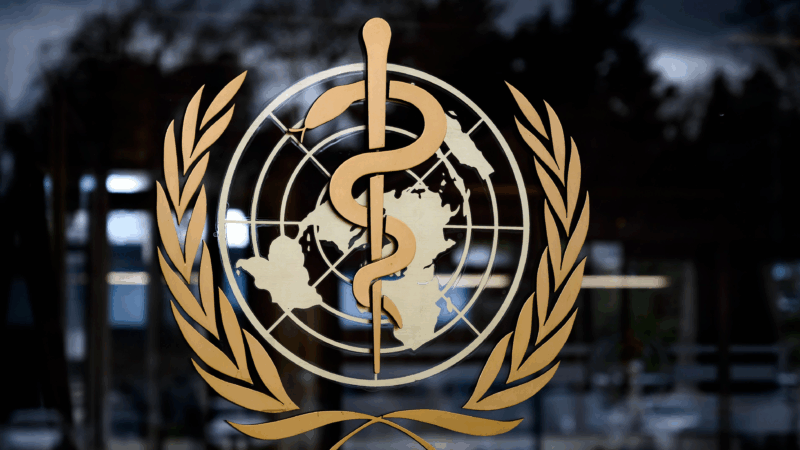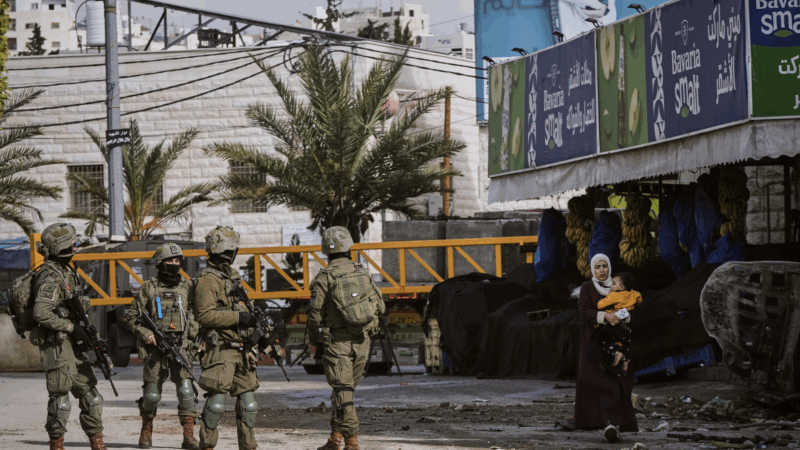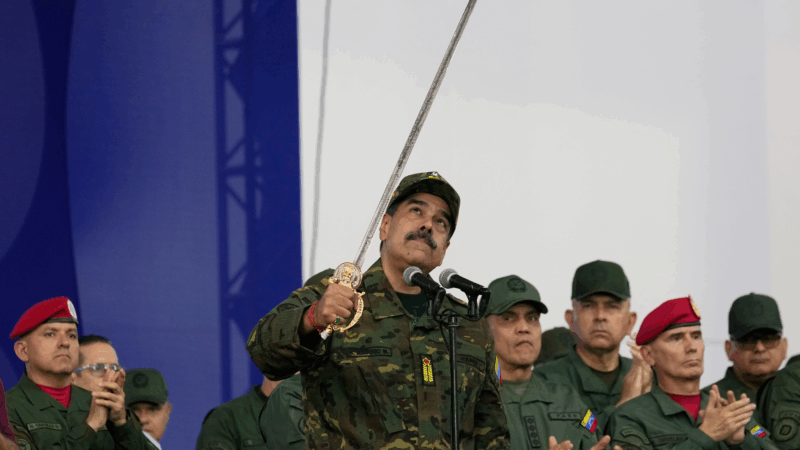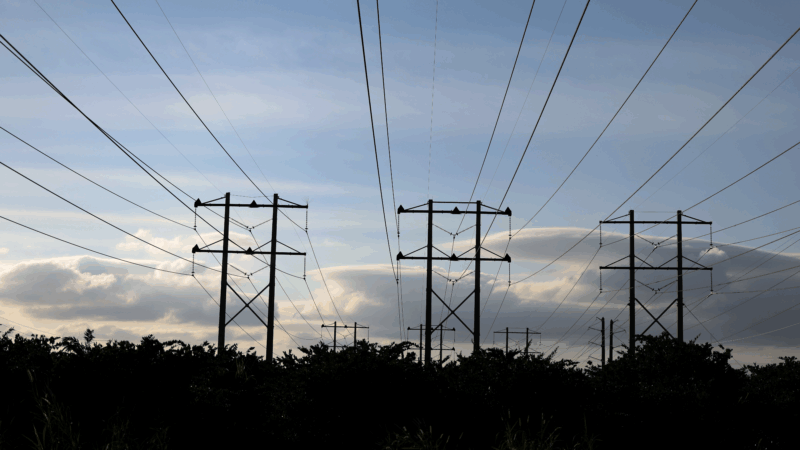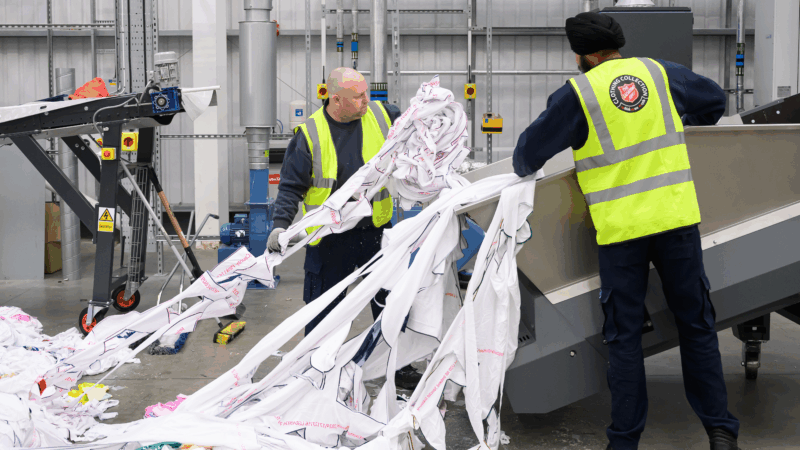Justice Department revokes Biden-era protections for reporters in leak investigations
The Justice Department on Friday rescinded a Biden-era policy that provided protections to journalists in leak investigations, paving the way for authorities to once again use subpoenas and compel testimony from reporters in probes targeting leakers.
“Federal government employees intentionally leaking sensitive information to the media undermines the ability of the Department of Justice to uphold the rule of law, protect civil rights, and keep America safe. This conduct is illegal and wrong, and it must stop,” Attorney General Pam Bondi said in an internal memo issued on Friday and obtained by NPR.
She said the DOJ’s policy allows for subpoenas, court orders and search warrants to get information and testimony from journalists. Such actions must be approved by DOJ leadership and journalists must get advance notice of them. The actions also must be as narrow as possible to avoid interfering with news gathering or “potentially protected materials,” the memo states.
During the Biden administration, the Justice Department said it would no longer secretly seize the records of reporters to identify their sources when investigating leaks, except under limited, specified circumstances.
Bondi’s memo marks a sharp break with that policy and returns to a more aggressive approach to leak investigations used during President Trump’s first term in office, as well as during the presidency of Barack Obama.
In the memo, the attorney general specifically cited instances of leaks under the Trump administration, including sharing classified info about intelligence assessments on the Venezuelan gang Tren de Aragua and news of Dan Caldwell, an adviser to Defense Secretary Pete Hegseth, being put on leave.
Bondi said press independence is important and the DOJ would defend it, “despite the lack of independence of certain members of the legacy news media.” She wrote that the department would try to limit forcing journalists to share information by seeking “enhanced approval” and “advance-notice procedures.”
“The Attorney General must also approve efforts to question or arrest members of thew [sic] news media,” she wrote.
Bruce Brown, president of the Reporters Committee for Freedom of the Press, said that protections for journalists not only serve reporters, but the American public more broadly.
“Some of the most consequential reporting in U.S. history — from Watergate to warrantless wiretapping after 9/11 — was and continues to be made possible because reporters have been able to protect the identities of confidential sources and uncover and report stories that matter to people across the political spectrum,” Brown said in a statement.
The divorce between the U.S. and WHO is final this week. Or is it?
The U.S. is the only country allowed to withdraw from the World Health Organization. And Jan. 22 is the day when Trump's pullout announcement should go into effect. But ... it's complicated.
Trump’s Board of Peace has several invited leaders trying to figure out how it’ll work
It's unclear how many leaders have been asked to join the board, and the large number of invitations being sent out, including to countries that don't get along, has raised questions about the board's mandate and decision-making processes.
Researchers find Antarctic penguin breeding is heating up sooner
Warming temperatures are forcing Antarctic penguins to breed earlier and that's a big problem for two of the cute tuxedoed species that face extinction by the end of the century, a study said.
As Trump dismantles the existing world order, his version is still taking shape
In his second term, the president is embracing a foreign policy that breaks sharply from U.S. tradition. Both supporters and critics say he's upending a global system in place for 80 years.
Trump promised to cut energy bills in half. One year later, has he delivered?
Cheap gasoline, yes. Drill, baby, drill? Not so much. And electricity bills are going up, not down.
Polyester clothing has been causing a stir online. But how valid are the concerns?
There has been a lot of conversation on social media about the downsides of polyester. But are those downsides as bad as they're believed to be? Are there upsides?

